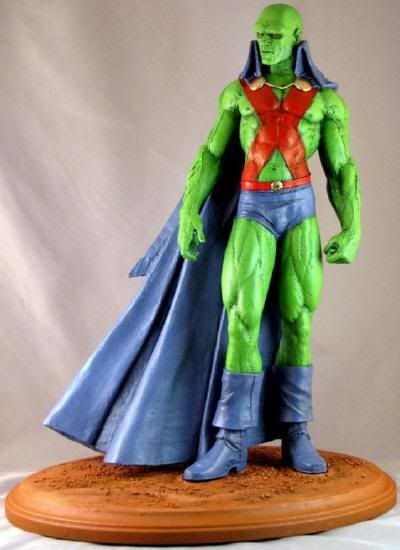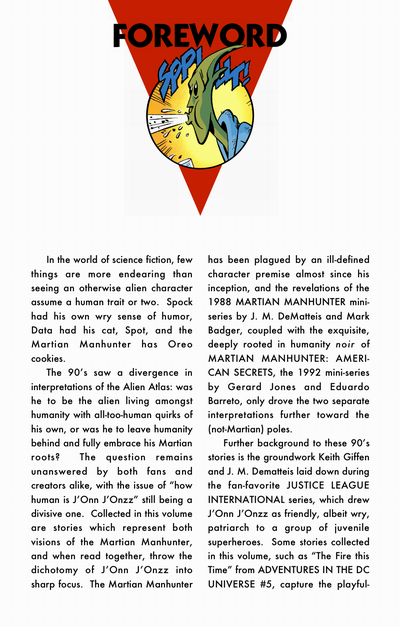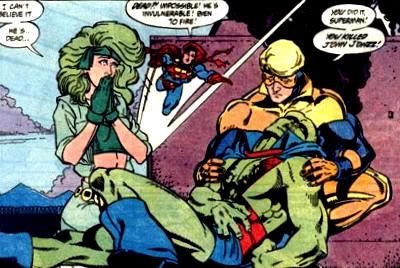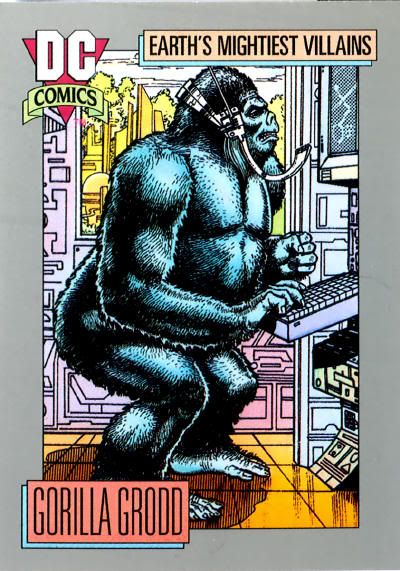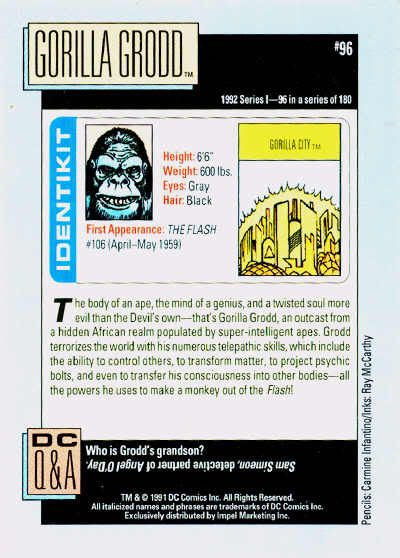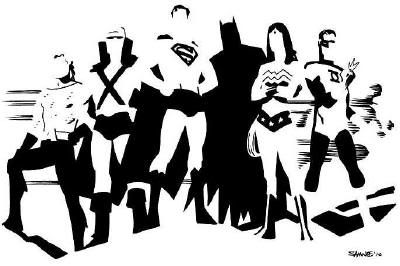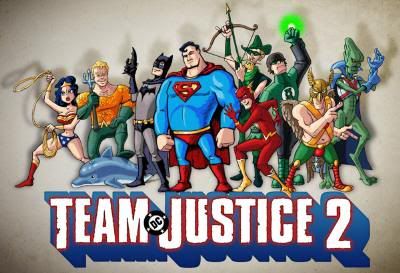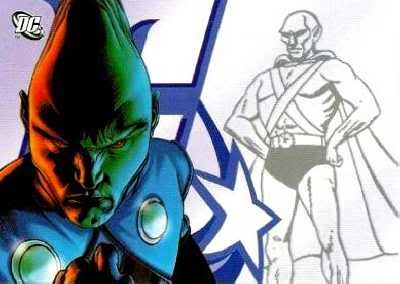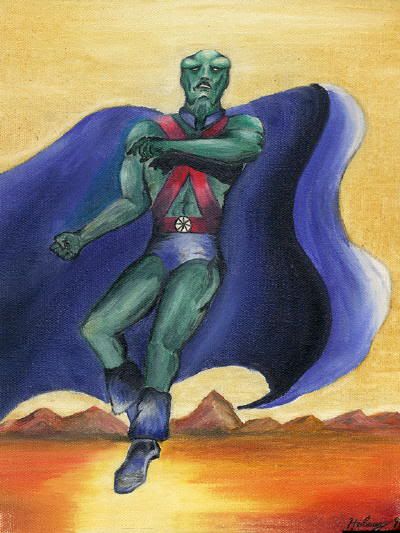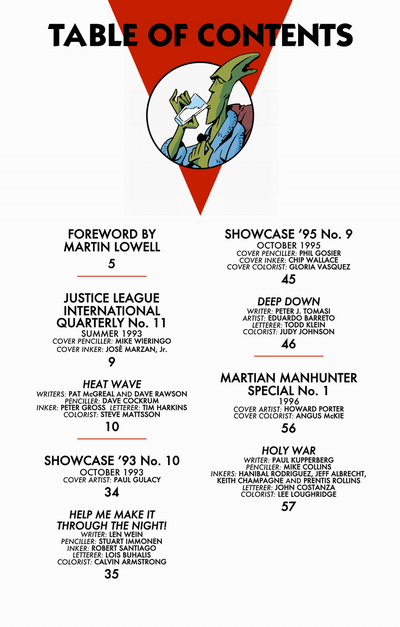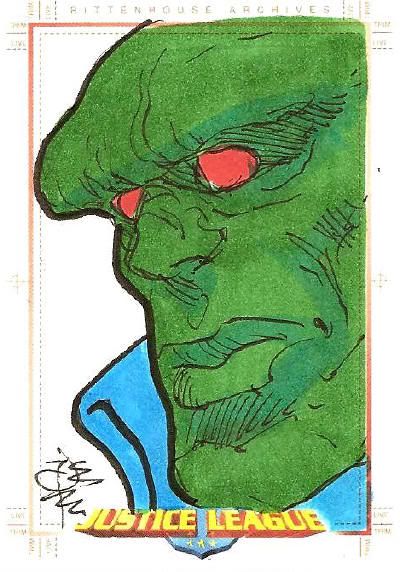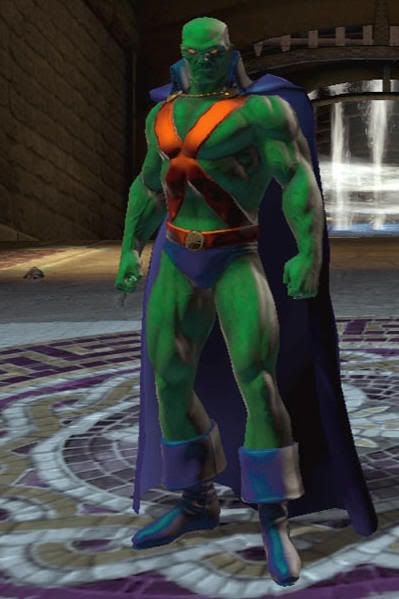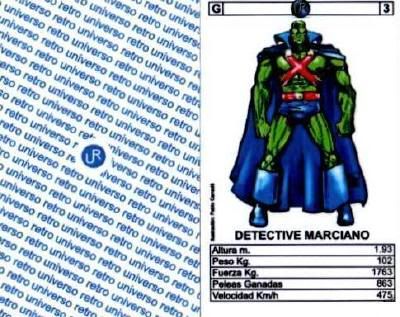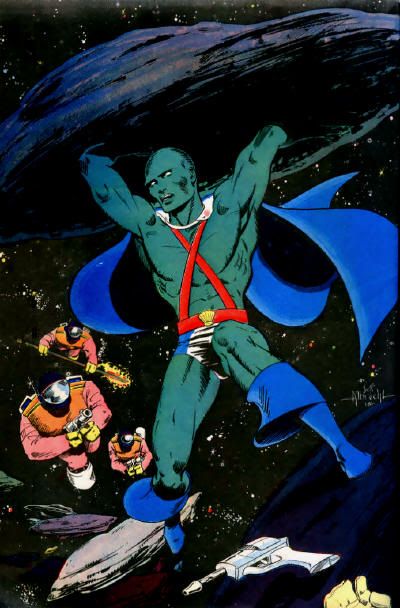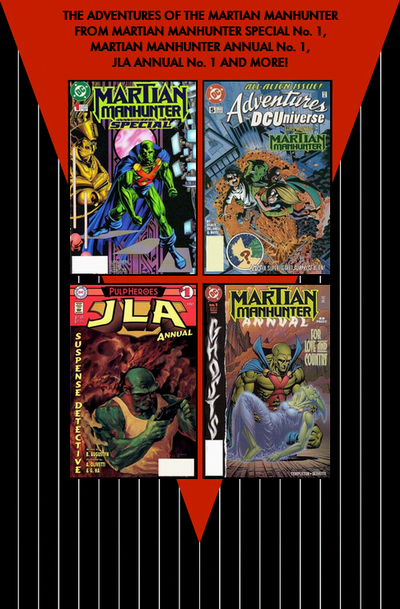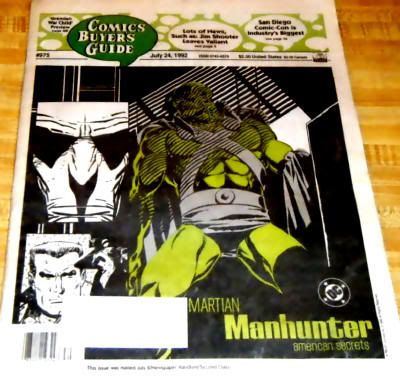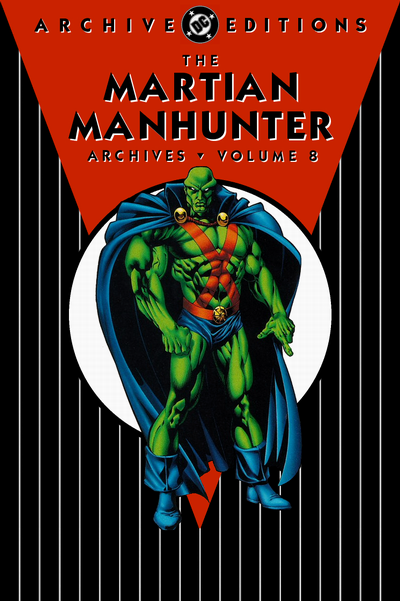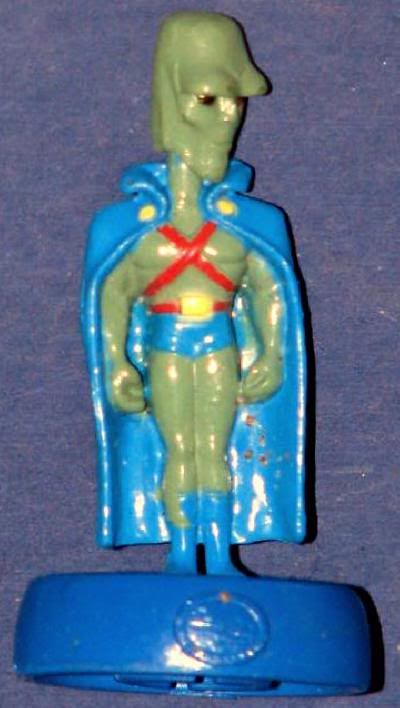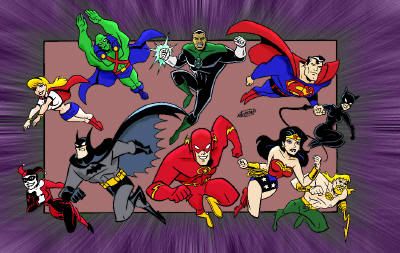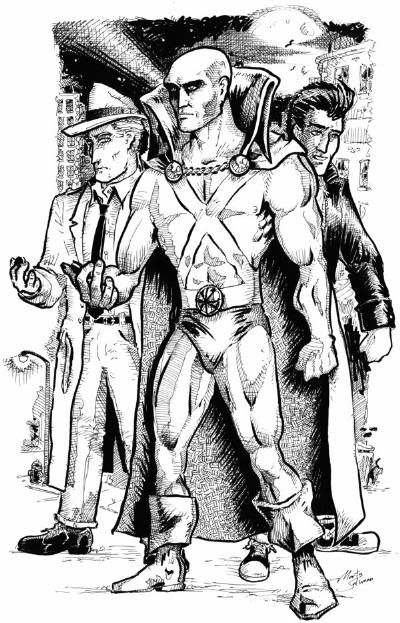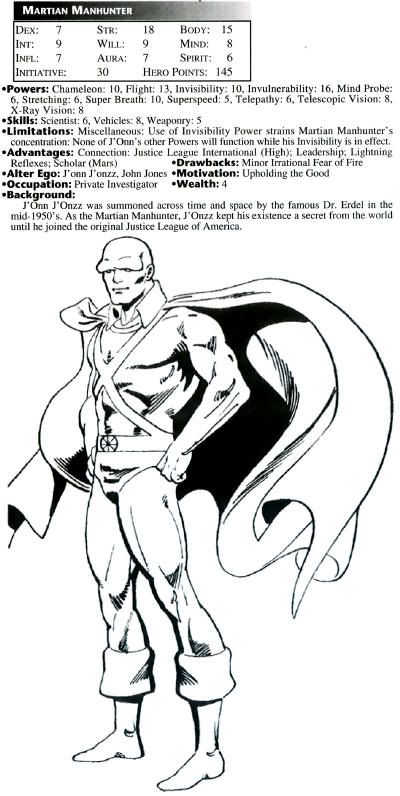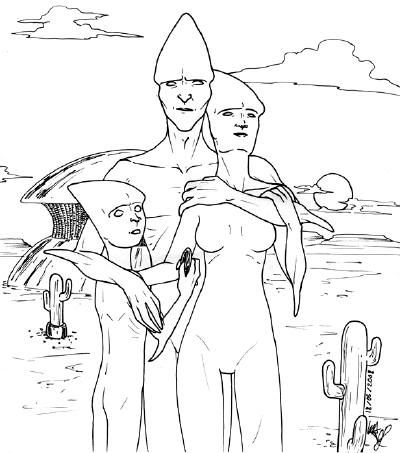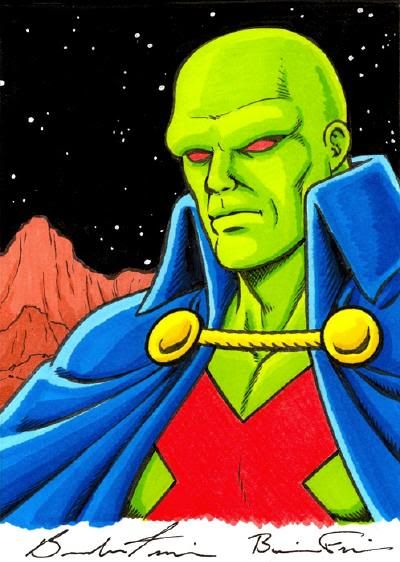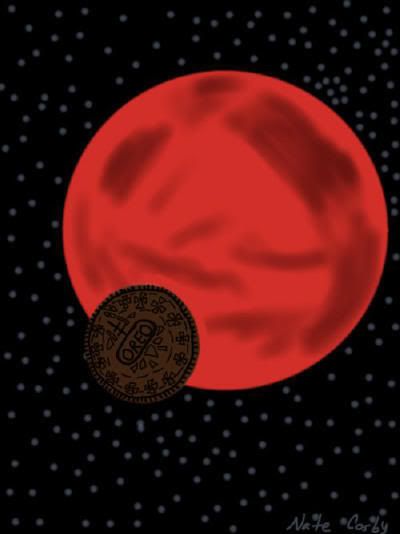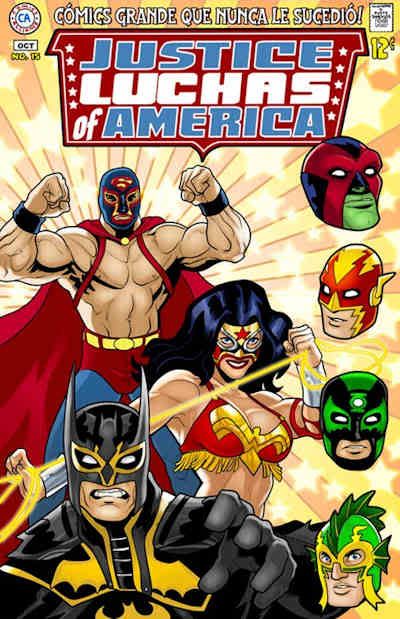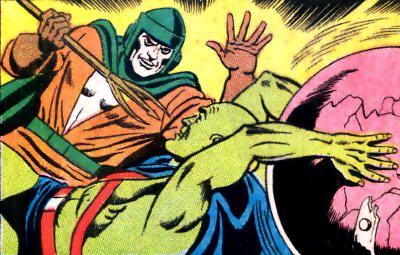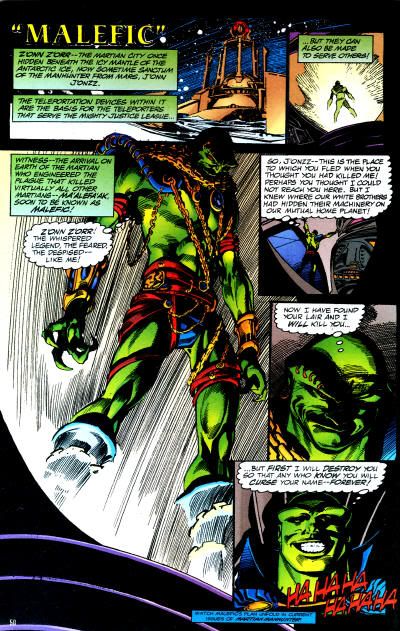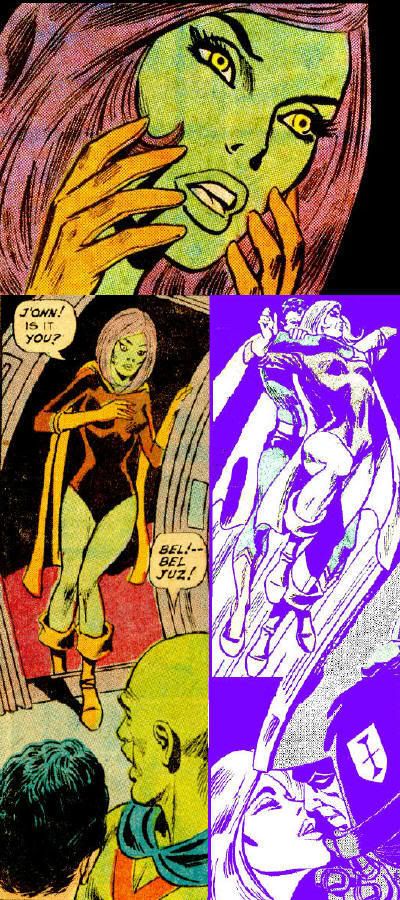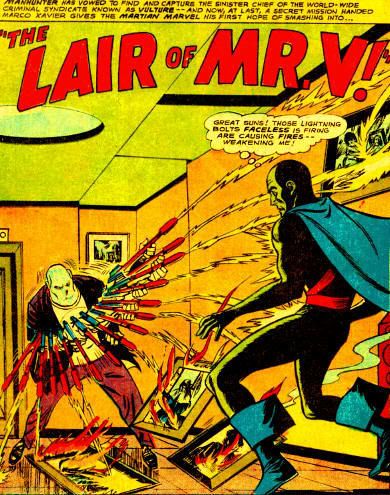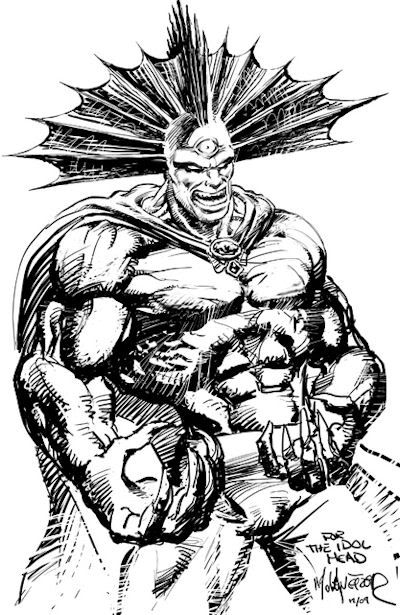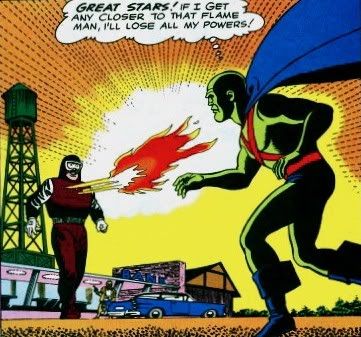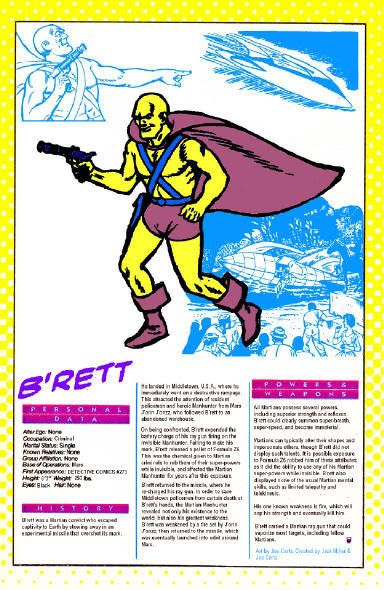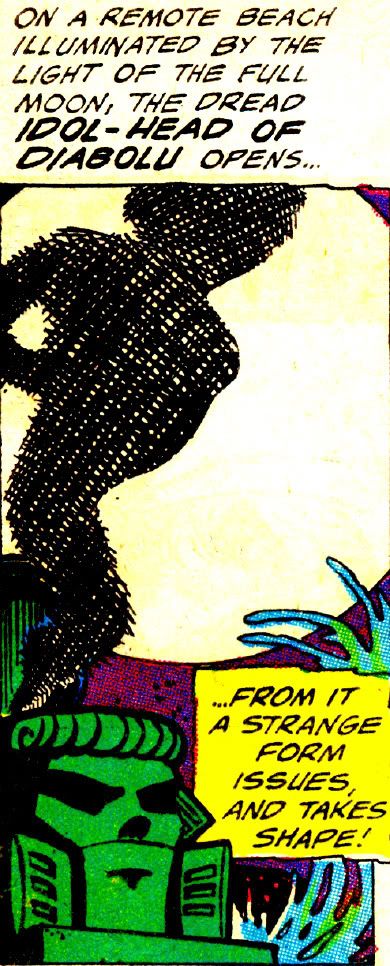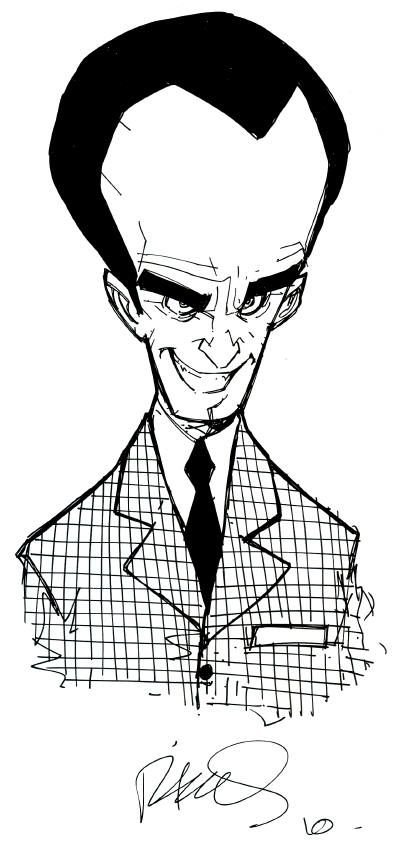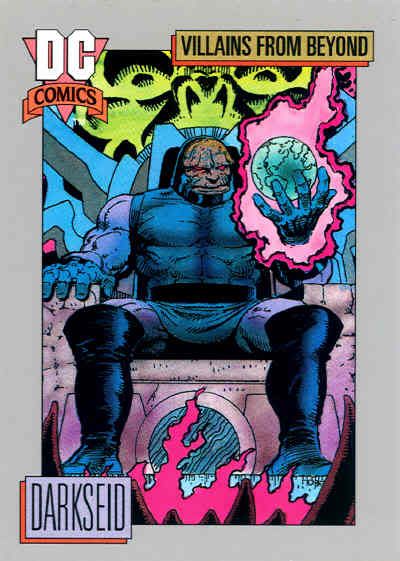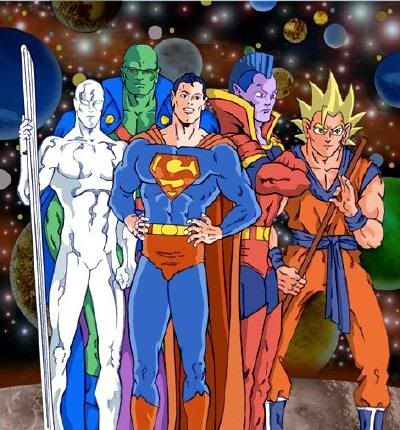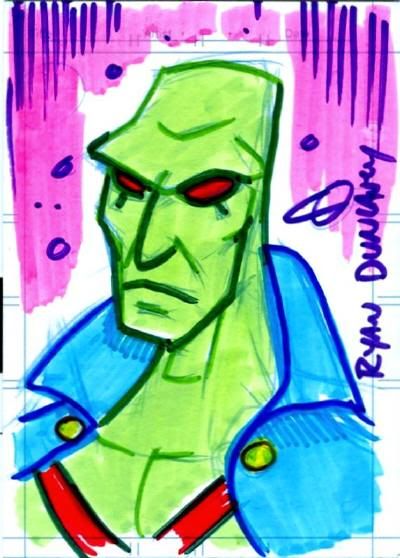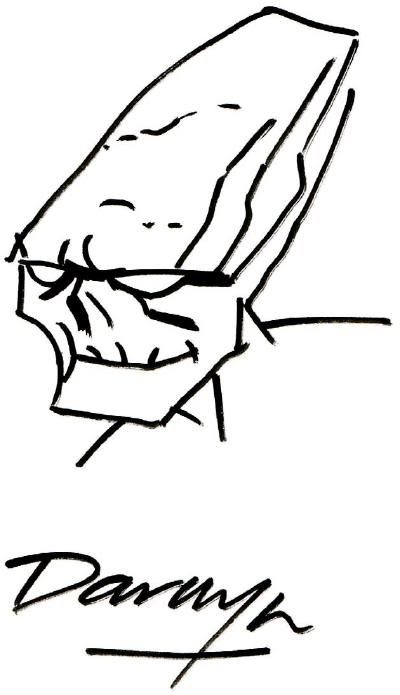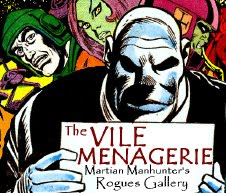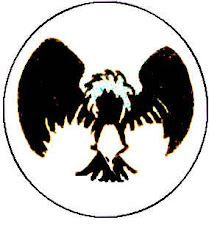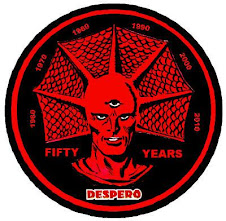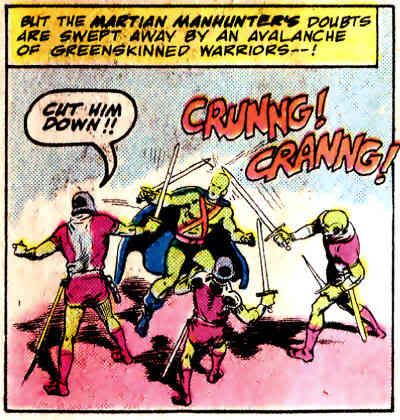
I've had a post brewing in the back of my mind for ages, and finally decided to knock some of it out after reading
Can Mars just go away now?
H.G. Wells has been called "The Father of Science Fiction." Within five years of 1900, he produced novels that popularized time travel (
The Time Machine) and the concept of genetic engineering and related rights issues (
The Island of Doctor Moreau,) the inherent immorality of the super powerful (
The Invisible Man,) global warfare (
The War of the Worlds,) and space exploration (
The First Men in the Moon.) Since then, these novels have been turned into the basis for "period" episodes of sitcoms, vehicles for Marlon Brandon to look like a demented whale, direct-to-DVD voyeuristic horror series, Smashing Pumpkins music videos, and that Tom Cruise movie where Dakota Fanning screamed for like, 90 minutes straight. Point being, as soon as there was enthralling speculative fiction, there were penny novel knock-offs that married surface elements to run of the mill adventure nonsense. It's the difference between science fiction and Syfy ("Sharktopus Weekend starts now!")
John Jones was never high minded material, but it did start out as a detective strip with a twist, not so much pulp sci-fi. Even when various Martian invaders and other aliens started popping up, it still felt like a series about humans (one with a super-secret) struggling to maintain the status quo against these weird creatures. The paradigm didn't shift until John Jones "died," and the Martian Manhunter began chasing the Diabolu Idol-Head with his pal Zook through one monotonous, uninspired, illogical and clearly juvenile-targeted monster battle after another. That track failed to catch on, and a shift toward the then hot super-spy fad was insufficient to save the Alien Atlas' solo career.
The Martian Manhunter was shuffled off to obscurity in a
Justice League of America story that contradicted much of the previously established history of J'onn J'onzz, and grounded him in a haphazardly written pulp sci-fi mileau. Suddenly he's a military leader in a civil/race war with an opposite number in pursuit of a power source, all of which he conveniently never mentioned in thirteen years comics of publication. For the next decade, the Martian bounced across hostile worlds, battling weird menaces (usually with Super Friends that diminished him greatly,) acted as a savior to his nomadic people, and tried not to miss any opportunities to fly spaceships/spelunk crystal mountains/other genre schlock. I've often spoken of these years because of their contribution to the Manhunter's artistic legacy (Mike Nasser, Dick Dillon, Jim Starlin) and rogues gallery (Commander Blanx, Bel Juz, Mongul,) but they remain some of the worst stories ever written about the character.
Here's the problem with the Martian Manhunter in sci-fi stories: Where's the hook? That he's a particularly silly looking alien with super-powers that generally outstrip his nobody foes? That he's bound by years of goofy Silver Age stories and a membership to the Justice League of America? It's an alien fighting aliens in outer space. Isn't having the Martian Manhunter in pulp sci-fi tales as on-the-nose as Aquaman in undersea action or Wonder Woman always defending that damned island?
Being a Martian super-hero isn't what makes J'onn J'onzz special so much as being a Martian amongst Earthlings. Looked at that way, it's no surprise the one objectively good '70s Manhunter story was the one in which he rarely appears outside human guise in a buttoned-down period setting. No DC super-hero can play in the McCarthy era like John Jones, and Commander Blanx was infinitely more interesting as the instigator who united the players of the 1950s against him than as the random jerk that destroyed Mars.
There were a lot of things that drove me nuts about the Ostrander/Mandrake series, but one was its seeming to turn the Martian Manhunter's world into Batman's by way of Superman's sci-fi metahuman trappings. Most of the stories revolved around Martians or other aliens showing up and getting pounded by the Marsman of Steel, but they would be all Gotham City creepy about it. Alternately, you had stories about people going after the Martian Manhunter because he was the Martian Manhunter, not because they had an existence or motivations of their own.
That tradition has continued through to
Brightest Day, where D'kay plays Malefic with a uterus, another Martian psychopath who tussles with J'Onn J'Onzz because what else was she going to do? The Alien Atlas is once again putzing around his dead world getting into ancient arguments, and I have to wonder where one goes from here? Aquaman is out of the water, back with his wife, rebuilding his mythology and ties to the surface world-- all while showcasing how nasty his arch-foe is before a mass audience. Firestorm is becoming more powerful, resolving old issues and creating new conflicts, trying to take from the best bits of past incarnations to make something new. Deadman is alive and shifted away from '90s macabre toward his more cosmic '60s roots. Hawkman is... well, doing what Hawkman has always done, but that's his thing. Martian Manhunter is only doing that thing he's done since the '90s, that took him most of the decade to gain a series he couldn't sustain under said terms.
One of these days, I hope someone figures out that what makes the Martian Manhunter interesting is the ways in which he's not Superman or Batman, and that he's supposed to be the uniquely alien element in his stories, not just another tired pulp sci-fi hero.
